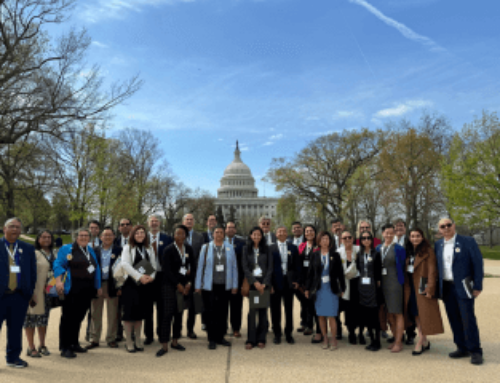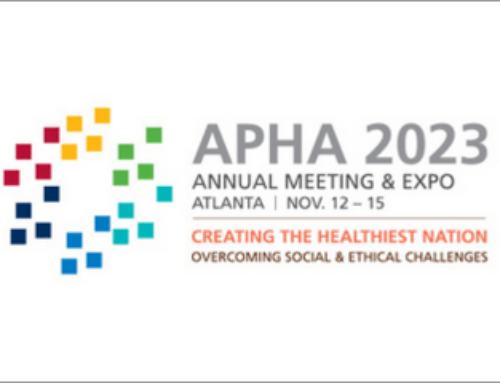On June 21, 2011, the Office of Inspector General (OIG) posted Advisory Opinion No. 11-08 in response to a request for clarification regarding an existing arrangement and a proposed arrangement involving contracts between a durable medical equipment (DME) supplier and various independent diagnostic testing facilities (IDTF). The advisory opinion addresses situations in which IDTF staff members perform certain services on behalf of the DME supplier. The following is a brief summary of the key points addressed in the advisory opinion. Please review the entire advisory opinion for all the details.
Existing Relationship
The advisory opinion was requested by a DME company that currently contracts with a number of IDTFs. The staff at the IDTFs perform, for a per-patient fee, a number of services for the DME supplier. These services include the provision of continuous positive airway pressure (CPAP) therapy set-up and education. Federal health care program beneficiaries are excluded (“carved out”) from this existing relationship.
Despite the carve out of Federal health care program beneficiaries, the OIG expressed concerns about this existing relationship: “The OIG has a long-standing concern about arrangements pursuant to which parties ‘carve out’ Federal health care program beneficiaries or business generated by Federal health care programs from otherwise questionable financial arrangements. Such arrangements implicate and may violate the anti-kickback statute by disguising remuneration for Federal business through the payment of amounts purportedly related to non-Federal business.”
Proposed Relationship
The DME company also requested an advisory opinion on a proposed relationship with IDTFs that would be similar to the existing relationship, except that it would include Federal health care program beneficiaries. In the proposed relationship, a flat fee would be provided to the contracted IDTFs. The opinion indicates that this relationship “could potentially generate, prohibited remuneration under the anti-kickback statute.”
With both the existing relationship and proposed relationship, the advisory opinion documented OIG concerns regarding payment (direct or indirect) from the DME to the IDTFs, which would encourage the IDTFs to direct business to the DME. As a result, OIG concluded that it “could potentially impose administrative sanctions” in connection with either type of arrangement. However, the advisory opinion noted that, “Any definitive conclusion regarding the existence of an anti-kickback violation requires a determination of the parties’ intent, which determination is beyond the scope of the advisory opinion process.”








